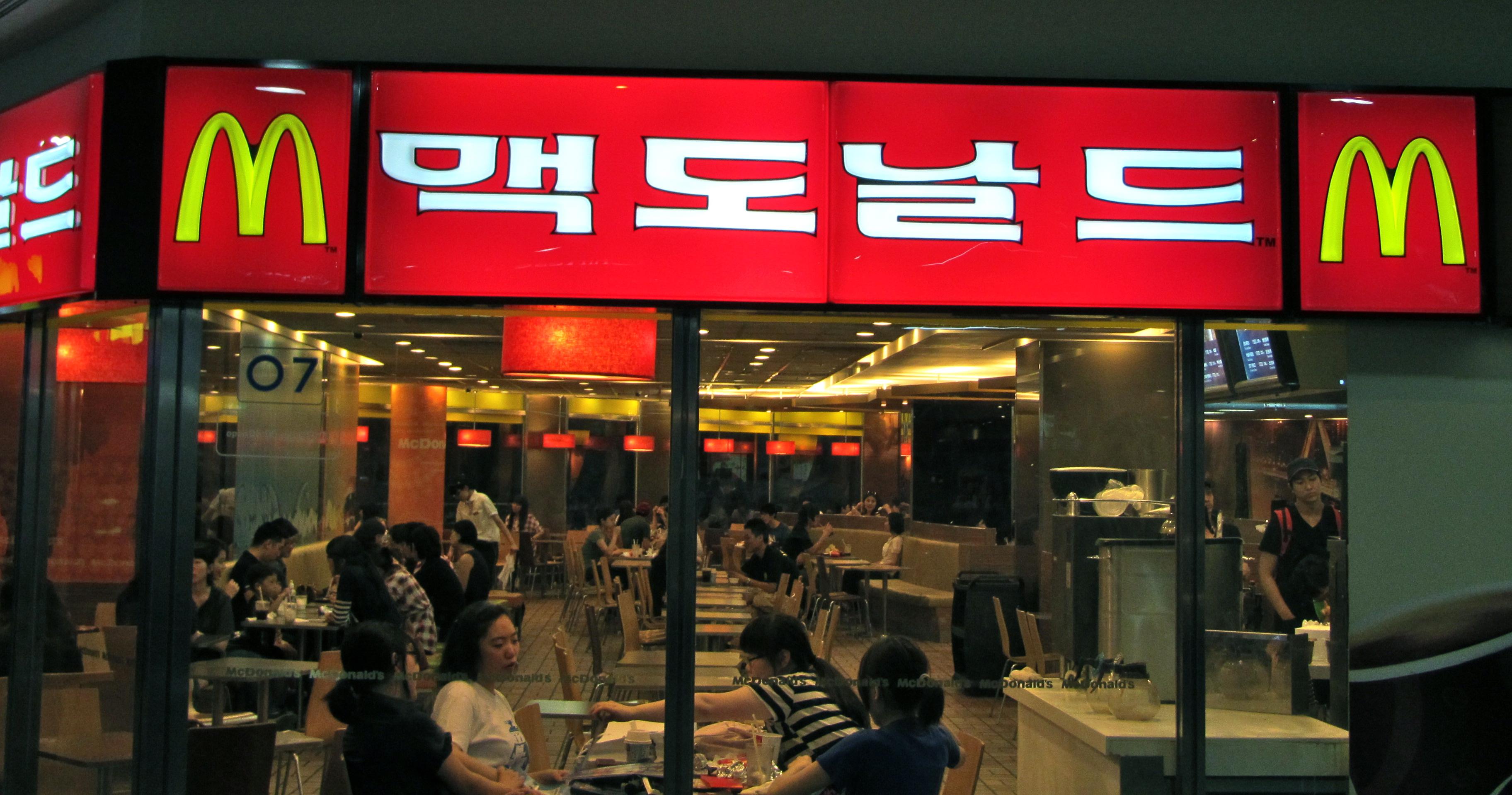The South Korean units of McDonald's, Burger King, and KFC are facing growing skepticism over finding new owners for their franchises here, due to increased difficulties in fundraising and a growing preference among domestic consumers for healthier foods.
According to a food and beverage franchise buyout expert, the pool of buyers who can afford higher prices has become smaller because interest rate hikes have worsened the condition of the acquisition financing market.
He added that the chains' valuations will also be impacted by the concurrent sales attempts.
To avoid harsher market conditions next year, Korean fast-food franchise owners must sell their businesses this year.
Fast food restaurants face significant risks from rising labor and ingredient expenses because it is challenging to raise prices to cover these costs.
The snowballing losses in the fried chicken and hamburger business cost KFC's Korean operator KG Group, which led to a capital impairment in 2020.
KG Group is reportedly desperate to sell the KFC franchise for about 100 billion won, to secure enough cash to buy SsangYong Motor.
Following a failed attempt in 2016, McDonald's US headquarters launched another attempt to sell its Korean business.
However, prospective buyers objected to the conditions of the deal.
Operating losses for McDonald's Korea amounted to 44 billion won in 2019, 48,3 billion won in 2020, and 27.7 billion won in 2021.
The operator of Burger King's Korean location, Affinity Equity Partners, is thought to be more in need of a quick sale because it is a PEF and is required to quickly sell its portfolio companies to disperse profits to its investors.
The Hong Kong-based PEF has been attempting to sell the Burger King's Korean unit in 2016 and its Japanese counterpart for a combined 1 trillion won since late last year.
Insiders in the M&A market, however, expressed doubt about the hamburger business being purchased by a PEF and noted that it will be challenging to increase its valuation until divestiture.



 Global PC Makers Eye Chinese Memory Chip Suppliers Amid Ongoing Supply Crunch
Global PC Makers Eye Chinese Memory Chip Suppliers Amid Ongoing Supply Crunch  Sanofi Gains China Approval for Myqorzo and Redemplo, Strengthening Rare Disease Portfolio
Sanofi Gains China Approval for Myqorzo and Redemplo, Strengthening Rare Disease Portfolio  SpaceX Prioritizes Moon Mission Before Mars as Starship Development Accelerates
SpaceX Prioritizes Moon Mission Before Mars as Starship Development Accelerates  Royalty Pharma Stock Rises After Acquiring Full Evrysdi Royalty Rights from PTC Therapeutics
Royalty Pharma Stock Rises After Acquiring Full Evrysdi Royalty Rights from PTC Therapeutics  UK Starting Salaries See Strongest Growth in 18 Months as Hiring Sentiment Improves
UK Starting Salaries See Strongest Growth in 18 Months as Hiring Sentiment Improves  U.S.-India Trade Framework Signals Major Shift in Tariffs, Energy, and Supply Chains
U.S.-India Trade Framework Signals Major Shift in Tariffs, Energy, and Supply Chains  Bank of Japan Signals Readiness for Near-Term Rate Hike as Inflation Nears Target
Bank of Japan Signals Readiness for Near-Term Rate Hike as Inflation Nears Target  Novo Nordisk Stock Surges After FDA Approves Wegovy Pill for Weight Loss
Novo Nordisk Stock Surges After FDA Approves Wegovy Pill for Weight Loss  FDA Targets Hims & Hers Over $49 Weight-Loss Pill, Raising Legal and Safety Concerns
FDA Targets Hims & Hers Over $49 Weight-Loss Pill, Raising Legal and Safety Concerns  American Airlines CEO to Meet Pilots Union Amid Storm Response and Financial Concerns
American Airlines CEO to Meet Pilots Union Amid Storm Response and Financial Concerns  Lee Seung-heon Signals Caution on Rate Hikes, Supports Higher Property Taxes to Cool Korea’s Housing Market
Lee Seung-heon Signals Caution on Rate Hikes, Supports Higher Property Taxes to Cool Korea’s Housing Market  RBI Holds Repo Rate at 5.25% as India’s Growth Outlook Strengthens After U.S. Trade Deal
RBI Holds Repo Rate at 5.25% as India’s Growth Outlook Strengthens After U.S. Trade Deal  U.S. Stock Futures Rise as Markets Brace for Jobs and Inflation Data
U.S. Stock Futures Rise as Markets Brace for Jobs and Inflation Data  South Africa Eyes ECB Repo Lines as Inflation Eases and Rate Cuts Loom
South Africa Eyes ECB Repo Lines as Inflation Eases and Rate Cuts Loom  Indian Refiners Scale Back Russian Oil Imports as U.S.-India Trade Deal Advances
Indian Refiners Scale Back Russian Oil Imports as U.S.-India Trade Deal Advances 































